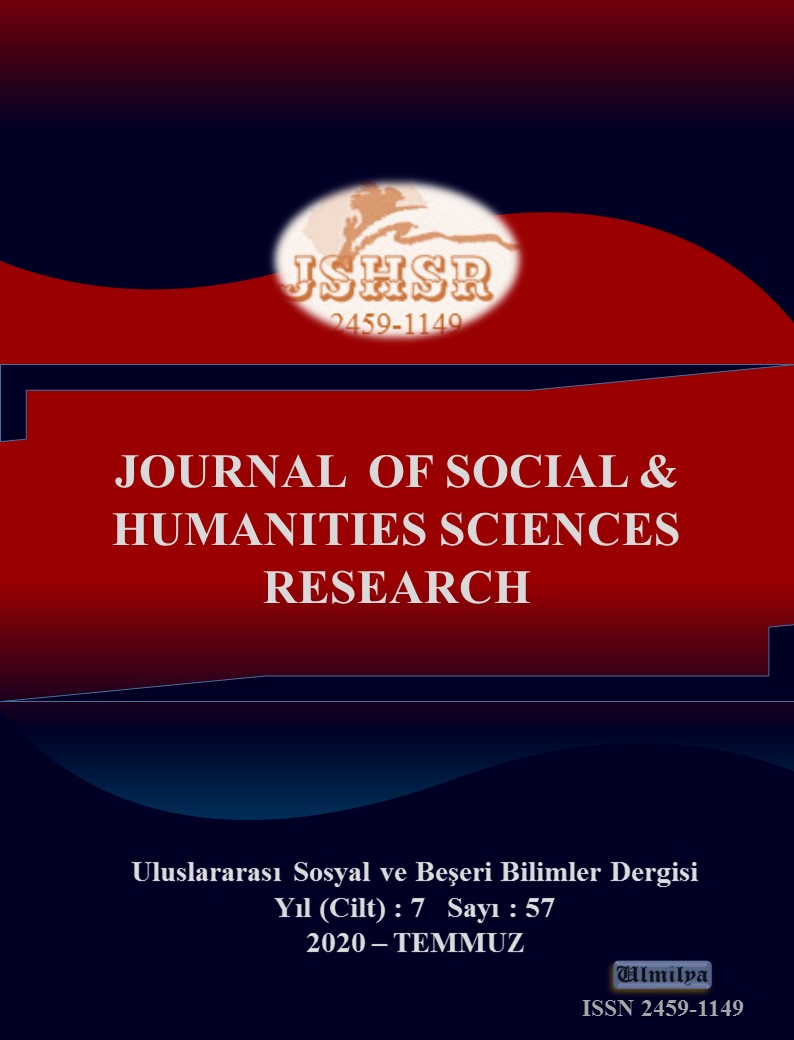THE TRACES OF THE PROBLEM OF HISTORY IN MODERN PHILOSOPHY
DOI:
https://doi.org/10.26450/jshsr.1976Keywords:
The Problem of History, Modern Philosophy, Enlightenment, Kant, Rationalism, EmpiricismAbstract
The problems of philosophy of history focus two points: res gestae and historia rerum gestarum. The first refers to history in
the sense of the past; the second refers to the way of knowing and transmitting past events. It cannot be said that the modern
philosophical approach to the problem of history is based on such a definite distinction. Modern philosophy has a suspicion
about history and acknowledges that historical knowledge is not a certainty. However, the Enlightenment has vague confidence
to history on the contrary to this suspicion. Enlightenment, defined by the idea of progress, thinks that history (res gestae) as
the ontological ground of human life moves towards an "end". Here it is, this idea has a theological origin. This study, which
wants to put forward this theological origin, tries to answer that in the context of the knowledge of history, how the suspicion
turns to the confidence. Thus, it's aimed to answer the question of whether modern philosophy has exceeded its theological
origin on the question of history.
Downloads
Published
How to Cite
Issue
Section
License
Copyright (c) 2020 INTERNATIONAL JOURNAL OF SOCIAL HUMANITIES SCIENCES RESEARCH

This work is licensed under a Creative Commons Attribution 4.0 International License.


